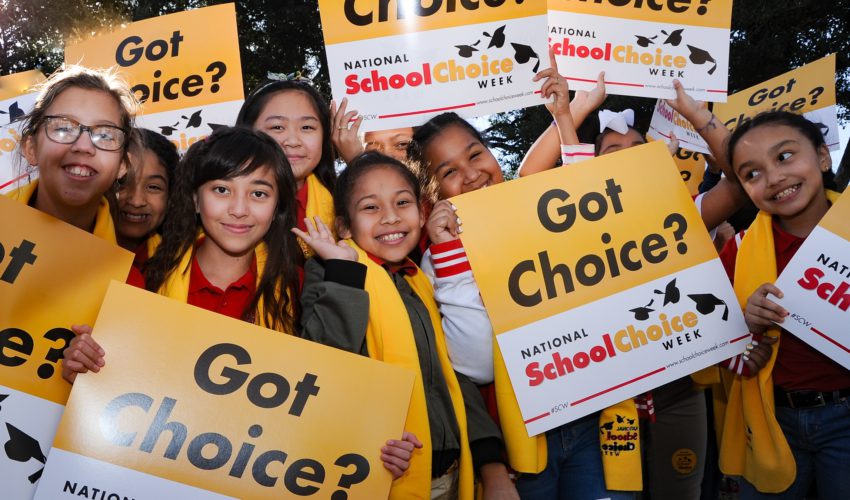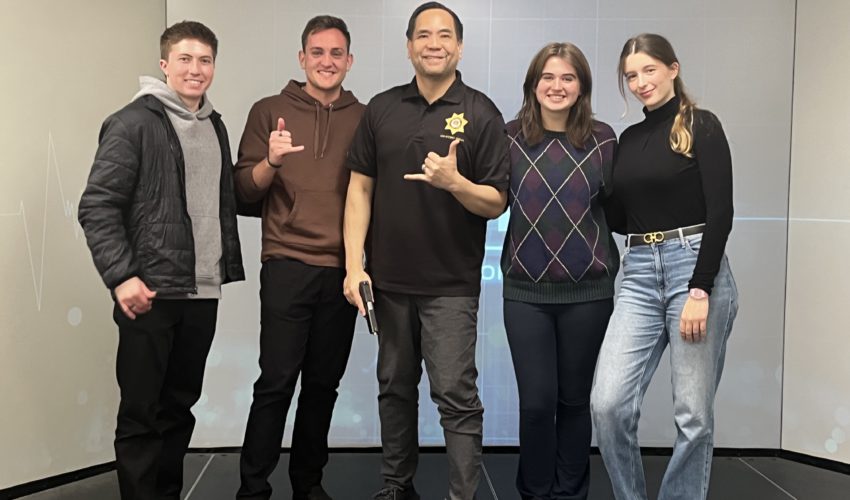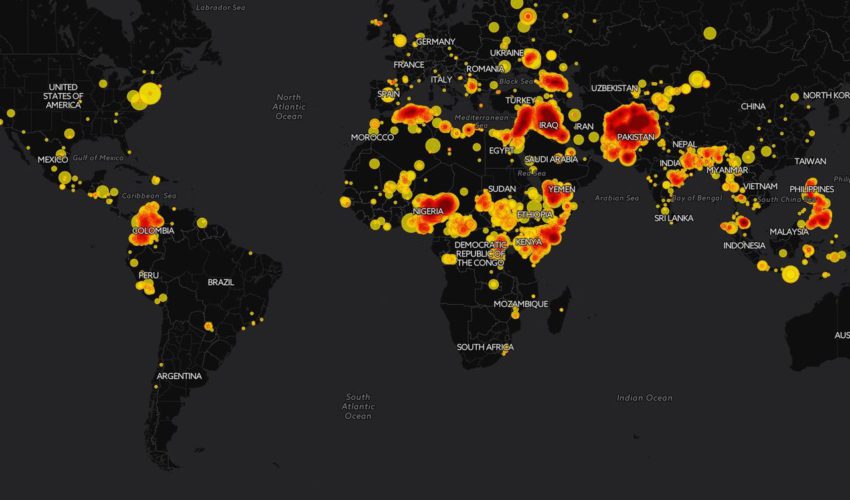Salt Lake City, UT—The Federal Trade Commission (FTC) is issuing over $10 million in refunds to consumers who paid for a deceptive real estate investment training scheme that falsely promised significant profits through “flipping” houses.
The FTC and the Utah Attorney General’s Office, on behalf of the Utah Department of Commerce’s Division of Consumer Protection, sued Response Marketing Group, LLC in November 2019, alleging that the company, its affiliates Nudge, LLC and BuyPD, LLC, and its principals used false promises to sell consumers a series of expensive real estate investment training programs. The FTC later named two real estate celebrities as additional defendants—Scott Yancey, the star of the home-flipping show Flipping Vegas, and Dean R. Graziosi, the author of Millionaire Success Habits. According to the amended complaint, Yancey and Graziosi promoted the training programs and were involved in efforts to bury online customer complaints that said Response Marketing failed to deliver on its promises or that it was a scam.
“Companies that rely on deceitful or manipulative tactics to earn money will not be tolerated in Utah as it not only undermines people’s financial security but also the very trust we have in each other that is crucial to our #1 ranked economy,” Margaret Busse, the Executive Director of the Utah Department of Commerce, stated, “We are pleased that our Division of Consumer Protection’s investigative efforts, along with the cooperative partnerships with the FTC and the Utah Attorney General’s Office, resulted in restitution for affected consumers. We encourage consumers to do research and conduct thorough checks before purchasing.”
“Checks for the first ten million dollars are in the mail. This helps heal at least some of the harm caused at the hands of Response Marketing and the other defendants,” said Douglas Crapo, Director of White Collar & Commercial Enforcement at the Utah Office of the Attorney General. “Protecting consumers from deceptive practices is essential for fostering an economy based on trust. Our Office is proud to represent Commerce and the Division of Consumer Protection in our concerted efforts with the FTC as we stop bad actors.”
The company and its principals agreed to a settlement that permanently banned them from selling “wealth creation” products and services anywhere in the country and required them to pay $15 million to be used for refunds. Graziosi and Yancey also agreed to settlements requiring them to pay an additional $1.7 million.
The FTC is sending payments to 4,670 consumers. Most consumers will receive checks by mail. Eligible consumers who do not have an address on file will receive a PayPal payment, which should be redeemed within 30 days. In addition, the FTC is sending claim notices to nearly 400 consumers who previously filed a complaint about Response Marketing. Consumers who paid for Response Marketing’s real estate investment training programs may file a claim for a refund.
Consumers who have questions about their payment or the claims process should contact the refund administrator, JND Legal Administration, at 877-871-0474 or visit the FTC website for questions about the refund process. The FTC never requires people to pay money or provide account information to get a refund.
The Division of Consumer Protection is one of nine Utah Department of Commerce agencies. The mission of the Division of Consumer Protection is to strengthen trust in Utah’s commercial activities by protecting consumers through education and impartial enforcement. The Division administers more than 25 Utah state laws designed to protect consumers. More information can be found at https://dcp.utah.gov/.











